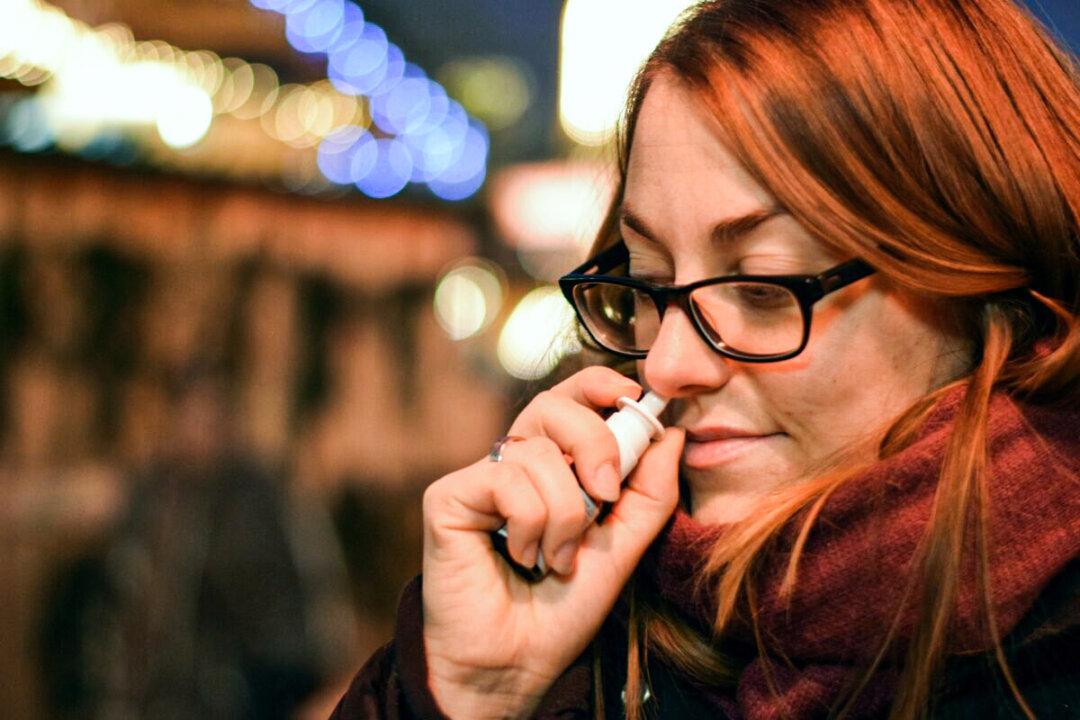The leading U.S. manufacturer of xylitol-based products says the federal government is deliberately trying to conceal a nasal spray it developed that it says has been scientifically proven to be effective in treating and preventing COVID-19.
The U.S. Department of Justice filed a lawsuit in federal court against Utah-based company Xlear on Oct. 28, saying it has deceptively advertised its nasal spray as a treatment and preventative of COVID-19.




